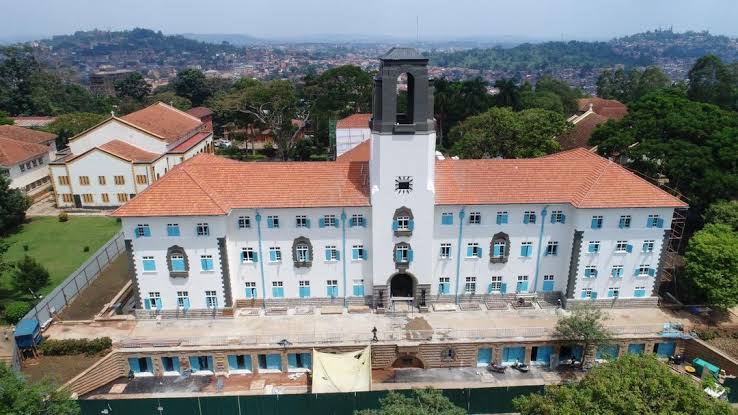
Makerere University and the Uganda National Institute for Teacher Education (UNITE) are spearheading a major overhaul of teacher training as the country races to meet the 2030 deadline requiring all teachers—from nursery to secondary level—to hold bachelor’s degrees.
In response to the government’s National Teacher Policy, Makerere has unveiled a new Bachelor of Early Childhood Education and Care and is awaiting final approvals for a proposed Bachelor of Education in Primary Education. Until now, the university’s focus had largely been on training secondary school teachers.
Prof Mathias Mulumba Bwanika, Dean of the College of Education and External Studies, said the expansion marks a strategic shift in Makerere’s role in shaping foundational education.
“We have submitted the Bachelor of Primary Education programme to the Senate. Once approved, we’ll begin training primary school teachers under the new curriculum,” Prof Mulumba said during the 3rd East African Teacher Education Symposium.
The development signals a broader reorientation in Uganda’s teacher training landscape. Traditionally, Primary Teachers’ Colleges (PTCs) and National Teachers’ Colleges (NTCs) handled training for nursery and primary levels at certificate and diploma levels. But under the 2019 National Teacher Policy, all teachers are expected to hold at least a bachelor’s degree by 2030—a shift aimed at professionalising the teaching workforce.
UNITE, Uganda’s newly established specialist teacher training institution, has already begun admitting students into accredited degree programmes across all teaching levels. Prof Proscovia Namubiru Ssentamu, Deputy Vice Chancellor for Academic Affairs at UNITE, said the institute will open another intake in August.
The transformation comes amid calls to not only raise academic qualifications but also decolonise and localise the education system.
Delivering the keynote at the symposium, Prof Namubiru criticised Uganda’s lingering colonial-era education structures. “We still punish children for speaking their mother tongues in schools. If local language instruction is good for early childhood, it should be standardised across the country,” she argued.
She praised Tanzania’s model—where Swahili is used as the language of instruction in primary school—as a potential blueprint for Uganda.
Experts at the symposium underscored the urgency of embedding indigenous knowledge, local languages, and culturally relevant teaching materials into both curricula and teacher training. Though Uganda’s revised lower secondary curriculum now contains 64% local content, only 12 of the country’s 37 local languages are examinable at Senior Four.
“Curriculum reform must begin with teacher education,” said Mr George Wilison Ssabavuma, a curriculum specialist from the National Curriculum Development Centre. “We’ve reduced foreign content and prioritised African examples, but implementation depends on teachers who understand and value local content.”
While enrollment in Makerere’s new early childhood programme remains low, Prof Mulumba expressed optimism that numbers will grow as awareness of the new degree requirements spreads. The shift, he said, is not just about compliance with policy—but about laying a stronger foundation for Uganda’s future learners.